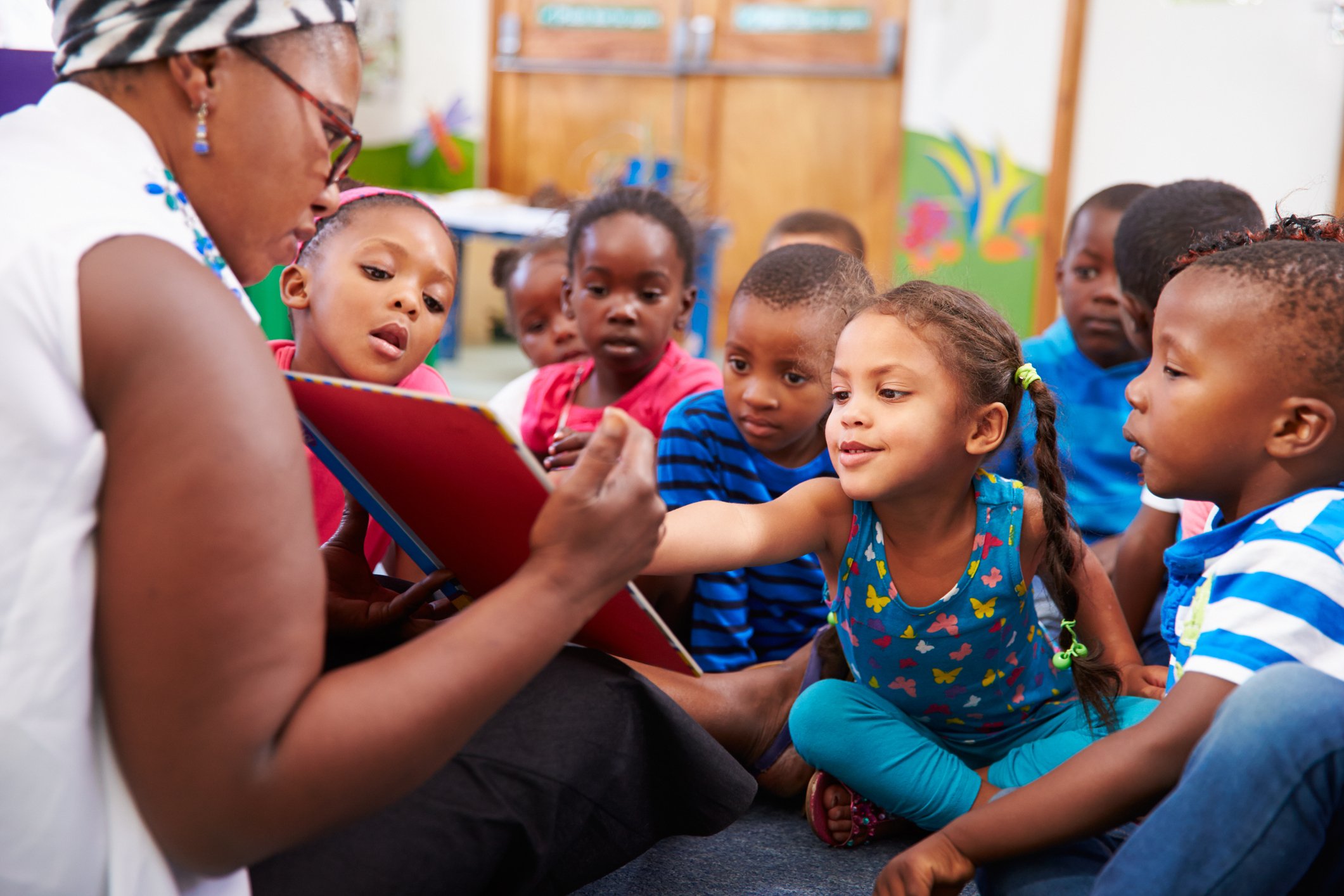Promoting positive student behavior has always been a priority for teachers and administrators—but the pandemic introduced new and unexpected challenges to the classroom. Many schools are experiencing increased behavior issues, such as lesson disruptions or fights.
Research shows that positive behavior management strategies are the most effective way to promote positive behavior in schools. Positive Behavioral Interventions and Supports (PBIS) is a systemic, preventative, school-wide framework to keep negative behaviors from occurring in the first place.
As districts and schools strive to find ways to promote positive behavior, drawing on research-based methods and studies can be a powerful way to develop PBIS. In this blog, you’ll find a roundup of important research and studies that address the importance and efficacy of positive behavior management.
Key Research on Positive Behavior Management and Classroom Practices
There is an enormous amount of research on the importance of positive behavior management. We've narrowed it down to some crucial studies on the impact of behavior-specific praise, Tier 1 supports, and teacher well-being on building an effective PBIS.
1. Behavior-Specific Praise: An Impactful Preventative Practice and Classroom Management Strategy
Evidence Review for Teacher Praise to Improve Students’ Classroom Behavior
Overview: This systematic review finds teacher praise to be a research-based practice that increases appropriate behavior and decreases disruptive behavior. It is effective in lower and upper grade levels, for whole classes and individual students, and in general and special education classrooms. Researchers recommend teachers use praise to prevent and reduce problem behaviors, especially because it is a low-intensity and easy-to-implement strategy.
Behavior-Specific Praise in Pre-K-12 Settings: Mapping the 50 Year Knowledge Base
Overview: Behavior-specific praise (BSP) is a well-researched, versatile, useful, and impactful practice that has been studied in diverse classrooms and school settings and with diverse populations of students and teachers for over 50 years. This comprehensive literature review is intended to track how behavior-specific praise has been used in Pre-K-12 settings.
|
Behavior-specific praise is a type of praise that helps students learn what positive behaviors look and feel like, and increases the likelihood students will engage in those behaviors in the future. |
2. The Importance of Tier 1 Interventions
Overview: PBIS relies on effective implementation of Tier 1 practices to ensure accurate identification of students in need of more intensive supports at Tier 2 or Tier 3. This case study found that when a class-wide Tier 1 program was layered on top of a Tier 2 intervention, student behavior improved to the level of their peers without challenging behavior.
Overview: Classroom PBIS systems and practices predict sustained implementation of PBIS and student outcomes. This article provides recommendations for training that school and district leaders might provide to support critical classroom-level PBIS systems and practices.
3. Promoting Teacher Well-Being Through Relationship-Building
Teacher Well-Being: A Systematic Review of the Research Literature From the Year 2000-2019:
Overview: In recent years, teacher well-being has received increased attention that has led to a wide range of empirical studies. This paper aims to help clarify the construct of teacher well-being, contribute to knowledge about the prevalence of teacher well-being, and identify predictors and outcomes of teacher well-being. When schools develop PBIS systems and practices, teachers have to spend less time addressing challenging behaviors and have more bandwidth to focus on student success—and their own professional development. This leads to increased well-being among both students and educators.
|
Adult life skills is the process of helping educators build their expertise and skills to lead student development initiatives. |
Additional Resources and Advocacy Organizations
If you’re interested in exploring more research related to student behavior and PBIS, here are a few great professional and advocacy organizations:
- Association for Positive Behavior Supports: APBS is a multidisciplinary organization made up of professionals (teachers, researchers, university professors, and administrators), family members, and consumers who are committed to the application of positive behavior support within the context of the school, family, and community.
- Center on PBIS: The purpose of the Center is to improve the capacity of state educational agencies, local educational agencies, and schools to establish, scale-up, and sustain the PBIS framework.
- IRIS Center: Supported by the U.S. Department of Education’s Office of Special Education Programs and located at Vanderbilt University’s Peabody College, the IRIS Center develops and disseminates free, engaging online resources about evidence-based instructional and behavioral practices to support the education of all students, particularly struggling learners and those with disabilities.
Implementing PBIS: Next Steps for Your District
A research-based framework, PBIS is an impactful way for caring adults in your district to promote positive student behavior. Your district can build capacity for implementing PBIS by:
- Implementing Tier 1 intervention strategies to promote positive behavior in and out of the classroom
- Encouraging positive student behavior through the use of behavior-specific praise
- Collecting, analyzing, and taking action on behavior data
To support your team’s capacity for PBIS data tracking and inquiry, action-planning, and implementing tiered intervention supports, we’ve developed Panorama’s PBIS Team Toolkit. This toolkit includes a PBIS action plan template and meeting agenda template to guide your district as you develop a positive behavior management strategy.







